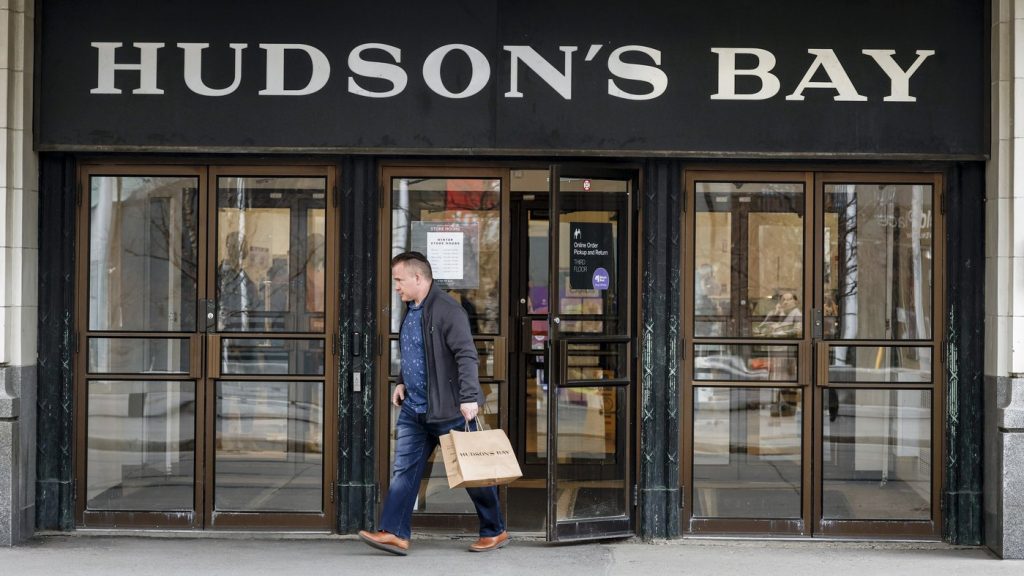TORONTO – Canada's oldest company, Hudson's Bay, has announced that it will begin liquidating the majority of its stores starting this morning. This significant move comes as the retail chain struggles to navigate ongoing financial challenges influenced by changing consumer behavior and broader economic conditions.
The liquidation sale will involve all but six of Hudson's Bay's locations, as the company aims to clear out its inventory by June 15, 2025. Customers will be able to use gift cards for purchases until April 6, 2025; however, loyalty points will not be applicable during this sale period.
Among the six stores that are exempt from the liquidation are Hudson's Bay's flagship store on Yonge Street in Toronto. Additionally, a store located in the prestigious Yorkdale shopping mall and another in Hillcrest Mall in Richmond Hill, Ontario, will remain operational. The other three stores that will continue to serve customers are located in Montreal's downtown area, Carrefour Laval mall, and Point-Claire, Quebec.
This liquidation initiative follows the company's recent filing for creditor protection earlier in March 2025. Hudson's Bay cited several contributing factors to its financial difficulties, including declining consumer spending, reduced foot traffic in downtown areas, and ongoing trade tensions between Canada and the United States.
This development marks a significant chapter in the history of Hudson's Bay, which has been a fixture in Canadian retail for centuries. As one of the oldest commercial institutions in the country, its decision to wind down most of its operations is indicative of the immense pressures faced by traditional retailers in an evolving marketplace.
As Hudson's Bay begins this liquidation process, both customers and industry observers will be closely monitoring the situation to gauge the implications for the broader retail sector in Canada. The outcome of this transition could serve as a poignant reminder of the challenges enduring legacy businesses face amidst changing consumer preferences and economic climates.










